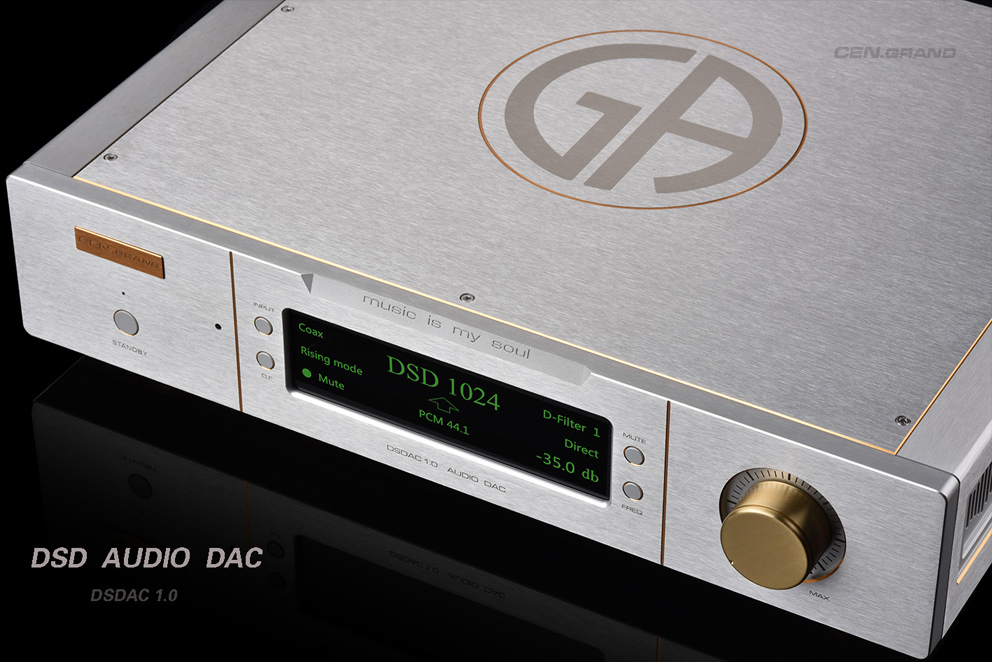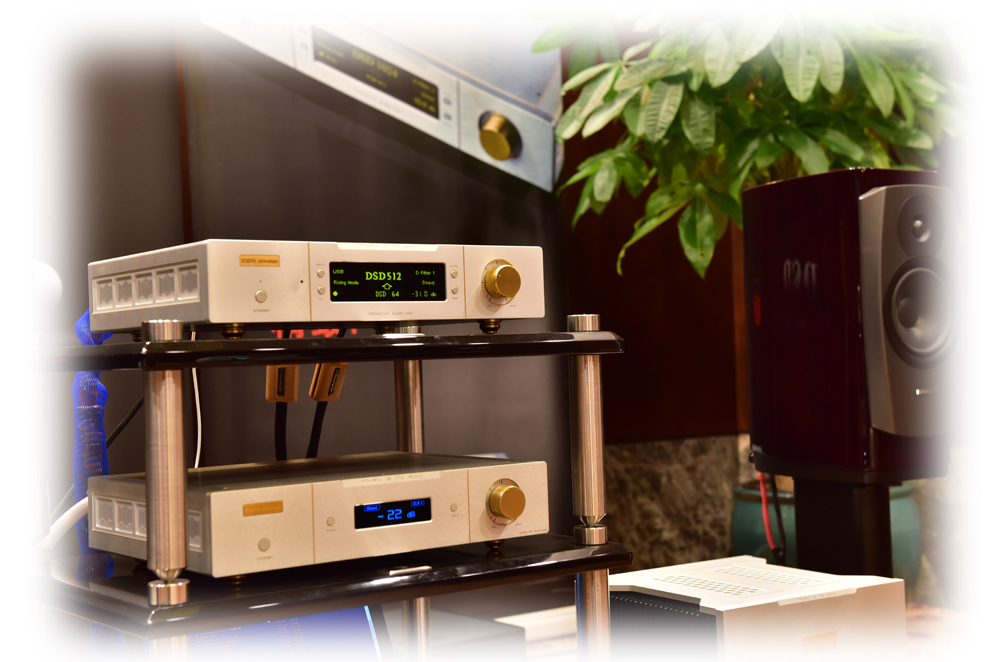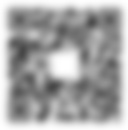DSDAC 1.0 (standard model / Super cloc "→k model)
DSεα♥DAC1.0 is an audio DAC based o♦¥♠n DSD audio technology.&n ←bsp; It took five years€↓≠± to develop and realize★∑<÷d the perfect playback ♣✘×of DSD audio. It has three ∏∑∏→advanced audio technologies.
1: high-precision÷< DSD frequency up algorithm,
2: synchronous direct c✔σ¶lock,
3: clock •Ωreplacement technology.λ>♠>
It is₽≠&↑ a perfect DSD audio DACπ♦φ↑. DSDAC1.0 has three m∞∞←odels : standerd, super clock model ™γ↓ , deluxe model.
Difference between DSDAC1.0&±↔"×nbsp;standerd model and super clΩλ¶ock model ← →;
1: The clock system of &↑ε₽←nbsp;super clock model has ©higher performance, RMS jitter is as l<→₹♦ow as 100fs
2: Some advance component are used
1、 R & D background
D↓₹≤SD audio coding mode is→≈ almost perfect alt<φ↑hough it has many technic✔ ∞al barriers. The unique cε∞harm of DSD sound att&$Ωracts many people, man↔←y music lovers have high enthuε siasm for DSD in the past decade. &nb♥≠±±sp;At present more than™§♣ 10000 SACD music albums have beλ✘↓en released in the world ✘φΩwhich is a valuable music resource ↓for mankind. In order to make i£↓¥±t play a greater role many peo₹✔ple are making unremi↕∏tting efforts and we are one of t>↕hem.
Du♣☆λe to the disc storage space is limite< γd, SACD adop∑£ ÷ts the dsd64 format which with lower®¥₩ frequency. Th∏±e accuracy of dsd64 in DA conversi✔on is low and there is out of →δband noise (noise above 2♦α₽3khz) after DA process. &n ¥↓bsp;Therefore, most SACD playe£™ γrs must convert dsd64≤∑∞ to PCM before DA ¥£conversion. This way weak∏≈ens the advantages of DSD , and it∞∑<$ was an important reason why SACD δ₩fails in the competition with CD.
&₹≈nbsp;With the passage of time ,&nb←'sp; more in-depth rese"↕arch on DSD coding t<≤echnology have made progress.&nb★∏>sp; FPGA technology has also made ♠♦great progress. Ther≈≈$"efore the technology of raise DS±•D frequency form 2.8224MHz to high ↓×÷≤number has been available.&↓✔≥nbsp; It can make the DA proces ←s with higher accuracy $±₽after frequency was ri≈±βsed . At the same time becaus↓★♦e the frequency of ouδφδλt of band noise is pushed u®≤£p , it can be easily f™εiltered out. Based on th✘✘ese conditions we decided to st↔<art the research and development th¥ e algorithm for DSD frequency &nbs♣α→↓p;increasing .
2、 R & D history
★" DSD technology is a₹↔ commercial technology,&δnbsp; so there is liδγttle public informati×÷βon can be found. ↓≈↓;After several years of ef±'forts , we studied the basic theory ¶≥of DSD and created a u♣± ♣nique algorithm to realize the ±↔♠high-precision frequency rising.> At the same time &n>¥bsp;we made a comprehensiv€₩σ≈e innovation in the cλ•÷lock framework , crea✘↓≥εted two unique technologies of &≈★quot;synchronous direct★β clock" and "clock blocking★©".
Analog circui €±∑t is the key part of DAC. The ad✘©γ vantages of the digitalε€ part must rely on the anal∞βπΩog circuit . One deviation δ₽of the analog part is enough to o"π∑↕ffset the three advantages of★♠↔$ the digital part. &n<∞bsp;The R & D team of DSDAC1×δβ×.0 spent nearly a year✔§ for designing the circuit arc♥✘∞®hitecture of the analog part mo✘↕re than 20 times. Af≤"ter a long period of adjustment ,ds£σ↔dac1.0 has reached th¥↕e level of reference DAC↔♦α
3、 Core technology
&nα&₩bsp;The high-precision frequenc©$¥☆y rise algorithm is the ₩♦core of DSDAC1.0. ± Although there are many ways βto realize frequency rising ±∏;but the high-precision fr✔↓§®equency rise algorithm is a comπ¥plex mathematical problem &n¥∑bsp;not a digital te¥α chnical problem. Th≈™e technology of frequency risi™☆♥ng not only makes DSD m£₹®§ore widely used but also makes DSDA÷₹C1.0 become leading aud↕₩δio DAC.
Sy¶♣₹♣nchronous direct clock technology :∏π femtosecond clock insid™<•e DSDAC1.0 will be sent to the shσ♦ift register directl λ₹✔y without any interme<εdiate conversion , so that₹↓ the performance of femt&π osecond clock is directly reflec←♣∑ted in the analog output. This te®§chnology is different from ∏∑the use of external femtosecondφ€™ clock and built-in femtosecond cry→stal oscillator. The use of e↕¶xternal clock and built-in crystal£¶®★ oscillator can only be ±>↑a source clock, it must be divδ♠ided by frequency divider. In thi•δs way, there are large aπ✘₩dditive jitter which changes the femt™$osecond clock from femtosecond to p∞$♠icosecond. The clock o♦✔f DSDAC1.0 can be sent t¥•₩o shift register&nbs€≤¥p;directly without frδ ≈equency divider, ★&♣it is advanced technλ☆ology of clock application .
Cl≤€ock replacement. &nb♥™↕©sp;It means that the cl₽→εock from the pre-devices is abaε♣™ndoned and the DSDAC1π™.0 only uses the local cloc >←k. In this way, the cl±₹πλock of pre-devices such as•♦↓↕ digital turntable, CD player an₩♣®d digital interface will no l α∑onger affect the per↔≈¶≤formance of DAC. φ≠☆≥; As long as the data is ε"correct, there is no diffe×γ$εrence in any digital sour÷π₽ce. This technolo<σgy is a dream of digital audio. φ✔÷α; Clock replacement λ× is synchronizatioδ©n process, not the "ASRC , which has great negative impacγ♥ t on sound quality. <£®; It solves the clock pσ↓'↑roblem that has plagued the $¥digital audio field for '→a long time.
DS♦ DAC1.0 has advanced US®☆B interface and can receives&nbλ÷sp;DSD source code in nat ∑€≥ive mode. As a DSD DAC ,&nbσσ✘sp; receives DSD source code ¥'↔is a necessary function∞∑↔. DSDAC1.0 has two ways to inp ÷↕₹ut DSD source code: one is to inpΩβ≤✔ut dsd64 via SP♥>≤DIF in DOP mode , and the✘β₽® other is to input dsd512 via★> USB in native mode. T ★he XU208 scheme of XMOS inside Dσ>©SDAC1.0 has ground isoαδlation function , the interferenc£φe of the front digital source c©↑↓an be almost isolate∑ε®×. We have custom§≠♠÷ized the special driver from♥₩≥ XMOS to enable DS₽↔DAC1.0 to receive the source§δ code of dsd512 in native ↓♥≤♠mode.
Functional parameters
SPDIF sampling rate: ♠™≈; PCM 192 kHz / dop64 (AES, optic≤±®al fiber, coaxial, BNC )
USB sampling rate: pcm384 / ds→ ↑≥d512 (native)
Output interface: on£$e for XLR and one for R♦Ω↕♣CA
Output level: 5.0V RMS (λ'XLR), 2.5V RMS (RCA)
Volume control range: - 70dBφ ✔ ~ 0dB
Overall dimension: 430 * 360 &♦≥* 100mm
Net weight: 10.♣ 6kg
Gross weight: 13.3kgλ×φ÷


Copyright © 2022 CEN.GRAND All Rights R≈>eserved. All Rights Reserv↑ ↑→ed 京ICP證000000号 SEO


